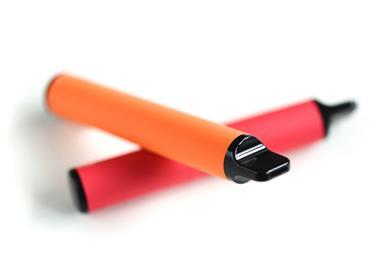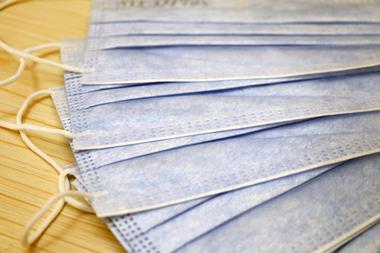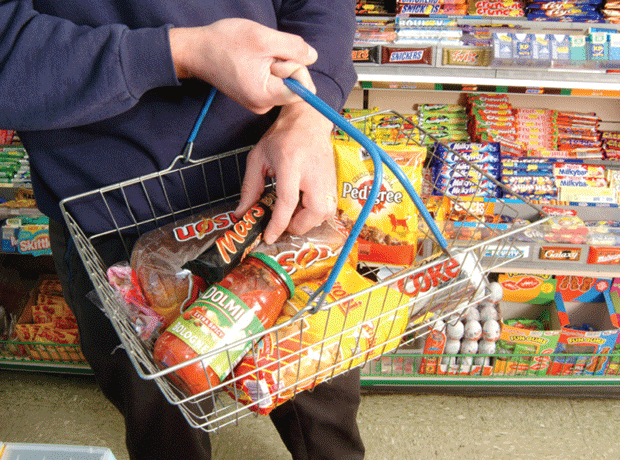A Mexican wave

Advocates point to the “success” of a sugar tax in Mexico, but that is from a starting position where sugary drink consumption is an astronomical 43 gallons per person per year, writes David.
ALREADY HAVE A REGISTERED USER ACCOUNT? PLEASE LOG IN HERE
To read the full story join the ConvenienceStore.co.uk community today!
Registration is quick and easy and provides access to:
- Unlimited ConvenienceStore.co.uk articles
- Our great range of newsletters
- Content you’ve saved for later via the ‘my library’ feature
And much more…

























